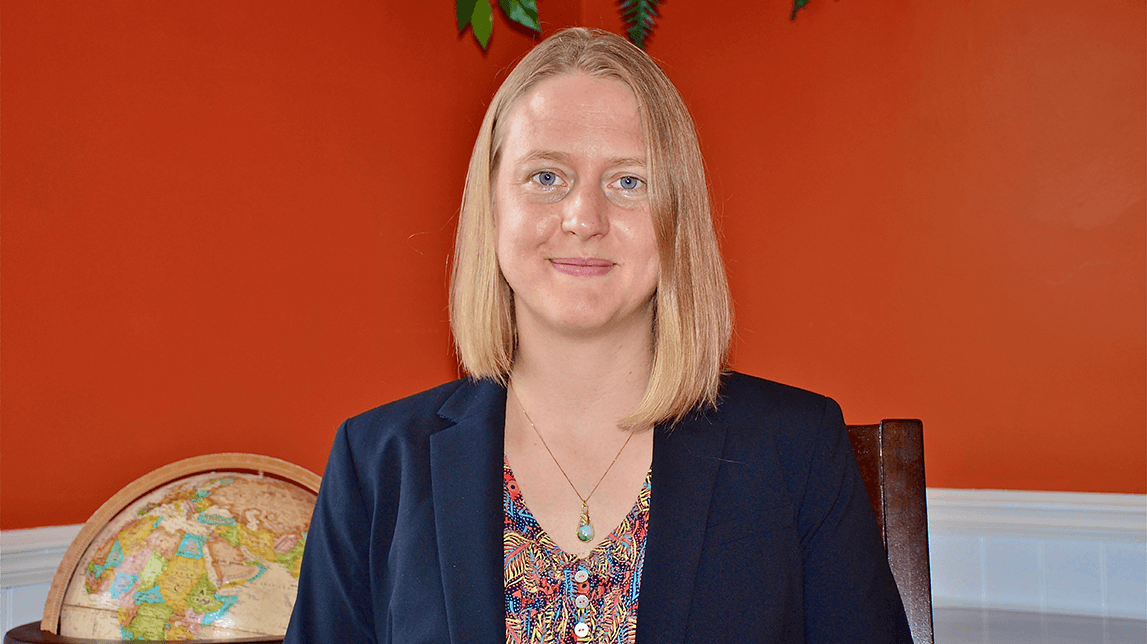Professor Ingrid L. Nelson’s research ranges from efforts to prevent the destruction of woodlands in Mozambique to analyzing how college campuses tackle going “green.”
Along the way, she found one concept tied most of it together: how technology contributes to power dynamics.
“The role of technology has been there,” said Nelson, a professor in the Department of Geography who works in an emerging field of study called feminist digital natures. “I would say in every single one of the projects. So, I think the (feminist digital natures) just formalizes where it's been heading for like 10 years now.”
Nelson has observed the connection that combines nature and technology for years. Her interest in examining the power relations that result from these interactions only grows.
Along with other feminist geographers like Professor Roberta Hawkins and doctoral student Leah Govia at the University of Guelph, Nelson is beginning to write and publish papers in this burgeoning field.
Her pieces discuss topics you might not expect to see in academia. In one paper, she looked at Koko, the famed, now deceased gorilla, and the potential for people to communicate with her through technology. In another recent article, she and former student Emma Tait examined the video game “No Man’s Sky.”
Contributors to the field of feminist digital natures study how and why people, digital technologies and natures come together. Nelson said, "In this academic field, the term “natures” can refer to social media platforms and how they’re used to raise funds for environmental causes, or apps that claim to help people if their beauty or hygiene products contain harmful chemicals".
These scholars often can use mediums, such as game analysis, to show how technology can create or break down power dynamics and impact people’s emotional responses.
Not only is Nelson collaborating with other scholars in this new field, but she is also bringing it into her classroom. Nelson is teaching a course called “Gender, Space and Environment” that focuses on traditional ideas in feminist geography and incorporates more contemporary material that gets students involved in the new field.
“I want students to feel like they have a lot to contribute to this discussion,” she said, adding, “They could be the leaders of this field someday, you know?”
Her course involves some unconventional methods like playing and observing video games and apps to let students interact with digital realms and analyze them through a feminist geographer’s lens — one that considers gender, class and identity in spaces.
But what do other academics think of feminist digital natures, especially being so rooted in the digital world?
Nelson said her department is up to date and open to cutting-edge ideas like hers, allowing her to pursue work in this field with few barriers.
She does describe barriers in being an academic with a young child needing childcare during the Covid-19 pandemic, a nightmarish task. She said her work can be hard to raise funds for in the U.S., too. But she’s found a potential workaround: She can team up with colleagues overseas in places like the European Union, where institutions are much more likely to fund research of this nature.
